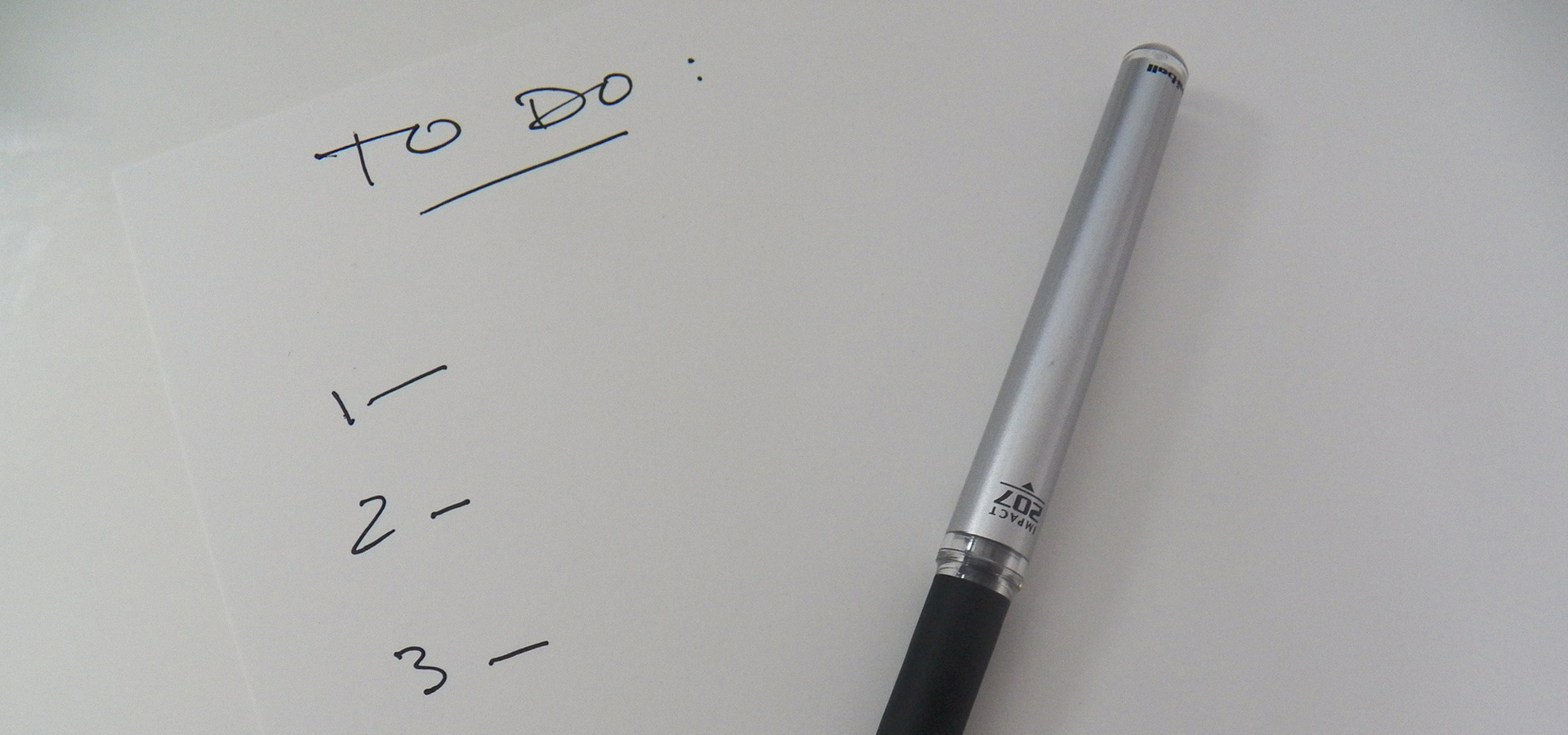
Putting The Shit Back In Get Shit Done
If you work in the startup or tech world, you’re probably familiar with the phrase, “Get S*&t Done” or its more PG-rated cousin, “Get Stuff Done”. Both are used as refrains for a focus on driving results and as hiring filters to rule out folks who want to consult on a business rather than roll up their sleeves and do the hard work. I work at HubSpot, a software company with a huge emphasis on results and autonomy, so GSD is not just a poster at our company, it influences how we hire, how we lead, and how we retain and grow employees.
Some people aren’t fans of the expression, but I am—I like working with people who aren’t deterred by big, hairy problems. I think it’s important that people who want to grow their careers (in tech or otherwise) don’t forget that the term “s&*t” is there for a reason. Simply put, you have to be a person willing to do the projects that no one else wants, the projects that require more elbow grease and collaboration than standard career paths, and that aren’t a sure bet. The old expression, “If it was easy, everyone would do it.” is directly tied to having a GSD attitude.
With that context in mind, here are three ways that constitute GSD and examples of people who live and breathe it.
- Be willing to take the hairiest project on the table: One of my colleagues, Michael Redbord, was a rising star at HubSpot several years ago, and had his pick of jobs. The hairiest, messiest job was taking over HubSpot’s customer support team. Hiring and training entry level employees, dealing with difficult customers, and doing it all in a way that allowed our business to scale was decidedly unglamorous. But instead of running away from the challenge, Michael ran into it head on. He built a customer support team at HubSpot that has not only been a massive catalyst for our business, but also boasts many of our happiest employees with the highest mobility in our company. Michael took a project that seemed unsexy at the surface level and turned it into a growth engine for our company, our customers and our employees. He’s now a member our leadership team and runs all services at HubSpot because he proved that he never hides from a difficult challenge.
The best GSD leaders don’t take pleasure in tasks that are easy or that everyone else wants to do. They thrive in situations where most people think they can’t succeed, and they demonstrate their leadership abilities by being willing to take on the biggest challenges. The next time you’re faced with options to take your career to the next level, defy the status quo and pick the most difficult and messiest job.
- Eliminate excuses from your vocabulary: “I don’t have time for this.” “This territory stinks.” “The people on that team are under-achievers.” “The person I’m partnered with is not motivated.” Any of these sound familiar? A lot of people I know think they are GSD people, but when faced with any type of roadblock, they make excuses instead of progress. The best GSD leaders take note of potholes and are aware of them, but are undaunted by their presence and plan accordingly.
Carolina Panthers quarterback Cam Newton is known for his on-field prowess and dance skills, but one of my favorite things about him is his hatred for excuses. He once quipped, “I hate excuses. Excuses are a disease.” To further Newton’s point, excuses are also infectious—they have a way of wandering into a team’s collective consciousness and becoming a crutch instead of a rallying cry. To truly GSD, you need to be the person who wants the ball when the stakes are highest, leaving excuses in your wake.
- Don’t be afraid to break a sweat: Mindy Kaling has a passage in her recent book, ? that says, “ The truth is, I have never, ever, ever met a highly confident and successful person who is not what a movie would call a “workaholic”. We can’t have it both ways, and children should know that. Because confidence is like respect; you have to earn it.” Does being a GSD person mean you need to work all the time and lead an uninteresting life? Absolutely not. But the most successful entrepreneurs and leaders I know have never been afraid to show up early or stay late when the stakes are high. Hard work gets a bad rap these days, and I for one am Team Mindy when it comes to earning your seat at the table.
I often get asked by young people how they can get ahead of their peers, how they can get promoted, or how they can get noticed if they are trying to break into a new industry. The truth is that I don’t think there is any substitute for being willing to work smarter and harder than the people around you. Don’t work hard to get face time. Don’t work hard to say you did it. Don’t work hard to tell your friends about how late you stayed. Work hard to create impact. And don’t talk about it—let your work speak for itself.
People who say they GSD are a dime a dozen given the phrase’s popularity in the world of business. But it’s significantly rarer to find people who truly represent the essence of the term and who are willing, able, and excited about tackling the biggest challenges, leaving excuses in the dust, and putting in the time it takes to Get S*&t Done. That’s why I’m a big believer in putting the s&*t back in GSD—it’s a much more accurate reflection of what the phrase means and a significantly higher bar that true GSD people aren’t afraid of.


Uncommon Person: Chad Hutson

Our Internal Learning & Impact at Bulldog Drummond

The One Decision by Employers in 2021 that Means Everything

What I Wish I Knew

Standing Up Inside

Uncommon Person: Gregg Imamoto

Five Things Every Company Should Know about ESG

Redefining Value

Uncommon Person: Chris Baréz-Brown

It’s Time For A Whole Lotta Common Good

Did You Choose Humanity?

Uncommon Partnership: Violux

Here’s How

Uncommon Person: Santhosh Nair

Designing Strategy For A Complex World

Responsibility & Relevance for Brands

